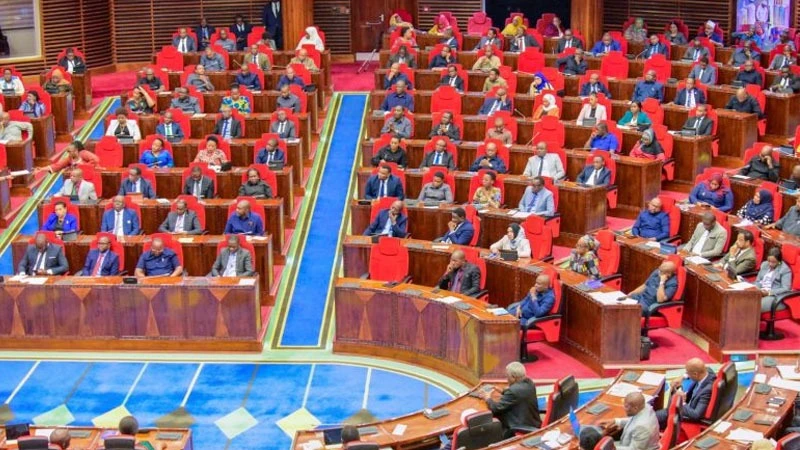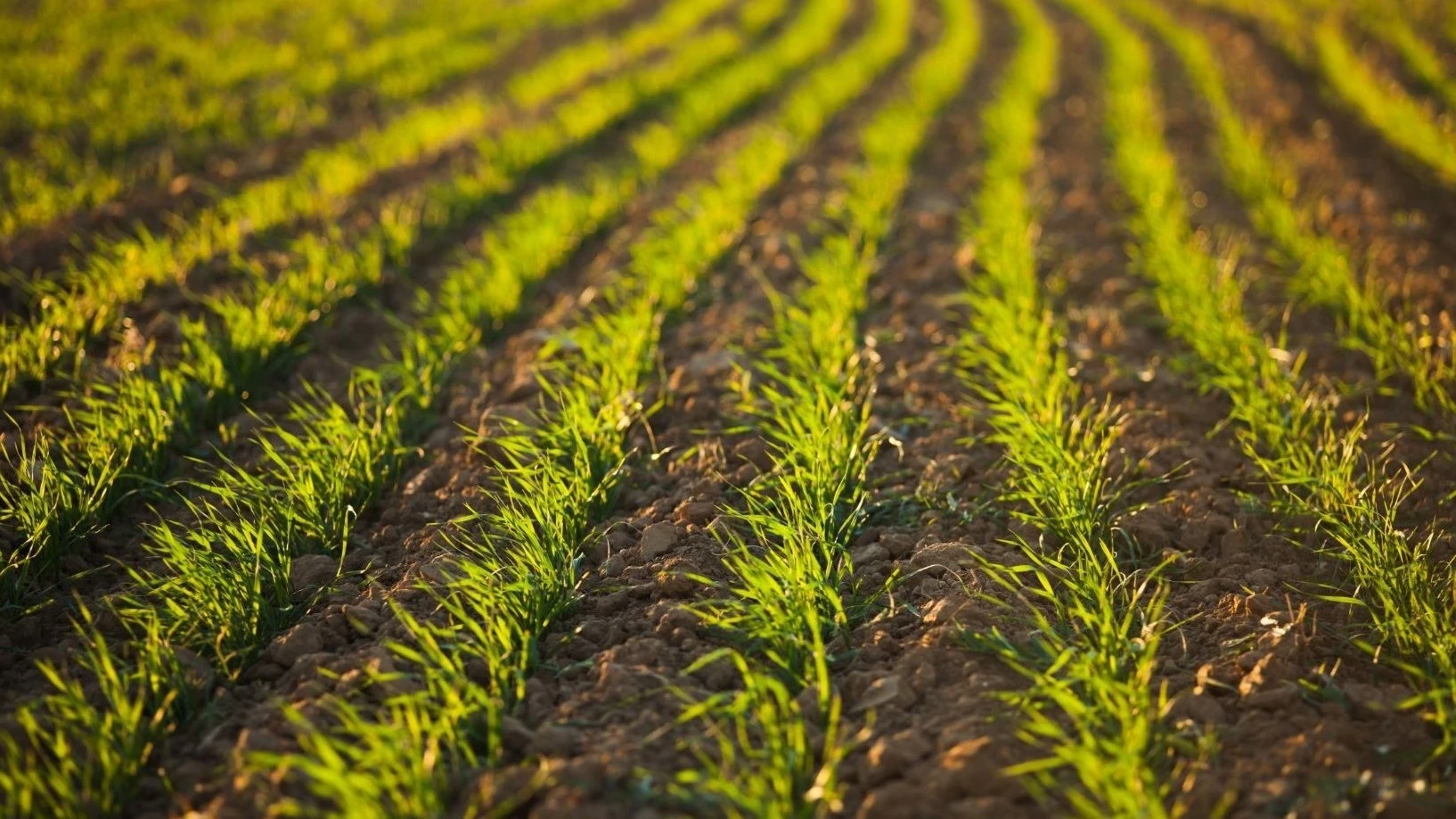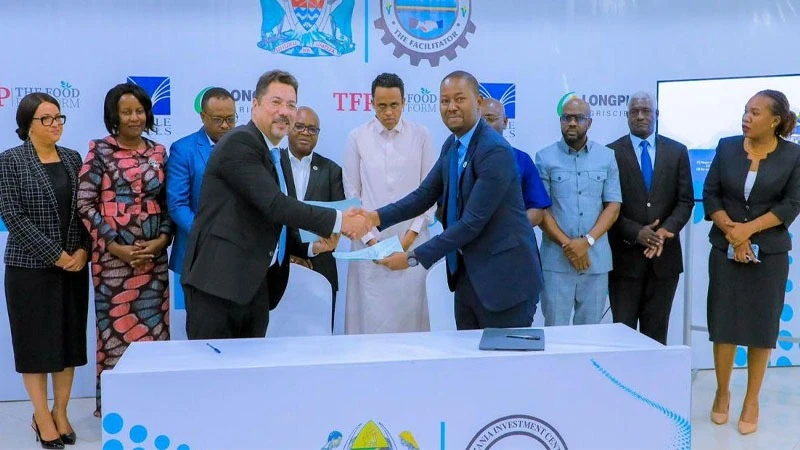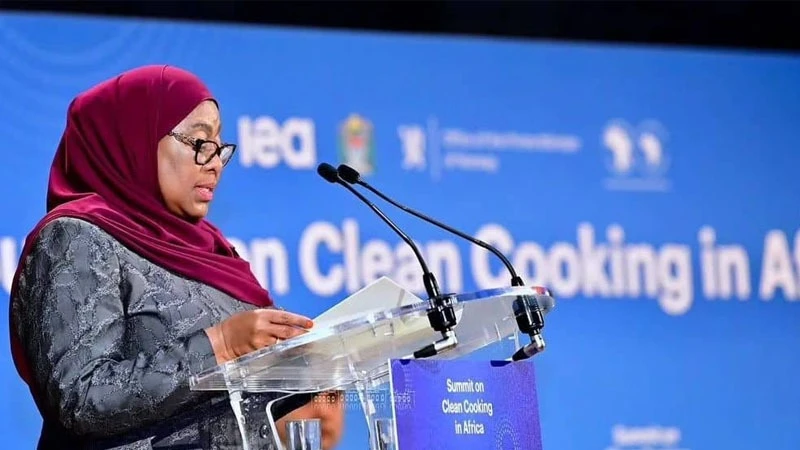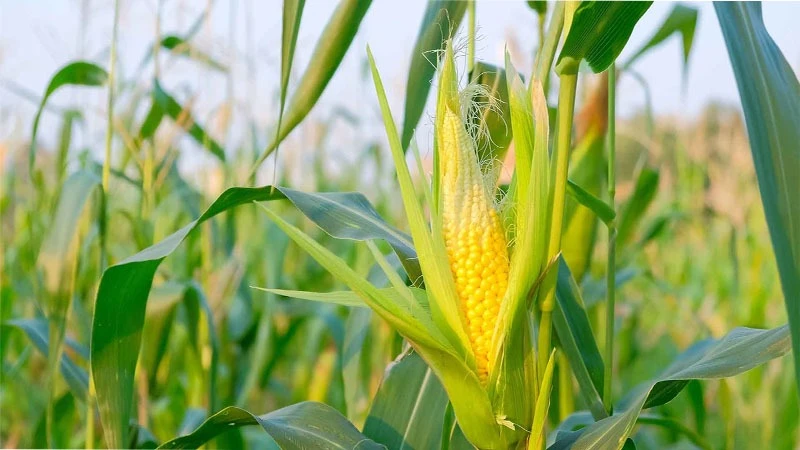Processing of crops, minerals can do only so much in war against poverty

ONE major policy innovation being heralded is reducing exports of raw materials from land, forests and water, this with a view to proceeding with processing and value addition before exportation.
This has for a number of years been an agro-sector policy mantra, where budget allocations are being made from time to time to make it a reality.
With trade openings even wider in regional and more far-flung markets, privileging raw material processing is valid as long as it is more of guidelines or a policy focus rather than statute or fiat.
This is the picture that emerges as to the focus of our country’s National Development Plan 2024/2025 presented to the National Assembly, where the statutory view of the matter was explicit.
The minister tabling it said that there is a need to set a policy and legal framework to ensure that our country’s resources are processed and added value to locally before being exported.
This is different from a business view, as either type of business has its ups and downs – with some countries having grown powerful economically and in various other ways thanks to their exports of raw materials, which would be ruined if they were finished goods.
In our particular case, our attitude towards oil refinement has changed over time – from setting up a refinery in the 1960s to opting for importing refined oil in the 1990s.
Petroleum exporters are a powerful cartel only as raw material producers rather than as sellers of refined products. Many countries exempt imports of raw materials from custom duty while otherwise heavily taxing processed goods.
Expectations that this emphasis on value addition is vital for an inclusive national economy are only partially valid – for instance, if one takes a closer look at how processing may reduce poverty, create jobs, ‘induce’ prosperity and stimulate the exportation of value-added products.
This requires a steady stream of investors but, even if there is a minimum of assurance in that regard, the lack of a rising local market will likely prove a stumbling block. An export strategy excluding local markets works for tiny economies, not even merely moderately large states.
Just how far our planning authorities can credibly place strategies to cement this agenda is hard to say, as there is plenty of export processing in the country and an overabundance of certain types of raw materials – like oranges in some parts of Tanga Region.
Our vanilla had mouth-watering levels of gains for farmers; now public appeals are heard for state intervention as many speculative farm investments start noticing that reality has changed.
There will unlikely be drawbacks in the purely ‘supply side’ issues like enabling the use of quality seeds, fertilisers, irrigation and modern farm equipment.
With changes being made to Tanzanians in Diaspora to purchase property like land and houses and landing loans on property registered locally, much more can be expected in that sphere even if the background in that regard may not be very helpful.
This is because it remains easier for Tanzanian firms engaged in agro-processing to expand if local markets and export openings are promising than to expect agro-sector specialist immigrants.
Top Headlines
© 2024 IPPMEDIA.COM. ALL RIGHTS RESERVED






